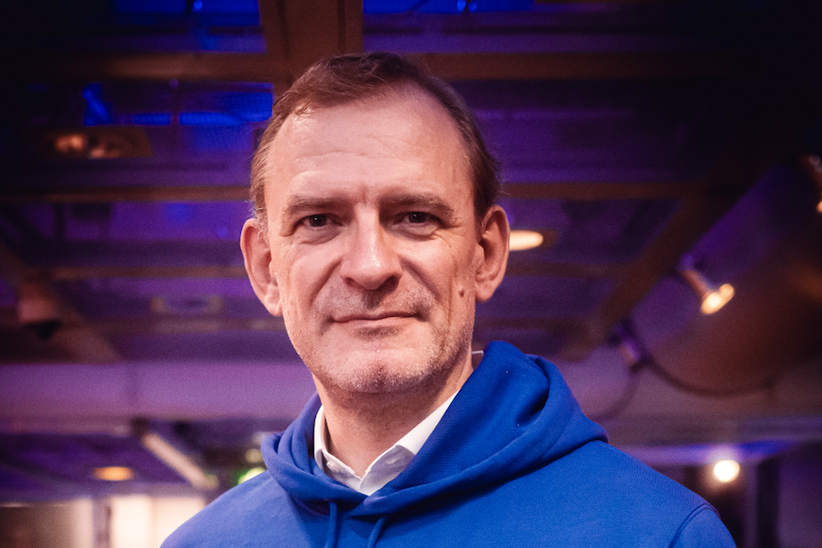Probabl, a spin-off of French research center Inria that has been financing a global open source data science library called scikit-learn, an approach widely used for performing complex AI and machine learning tasks, is introducing a commercial product that aims to help companies regain control of their data science.
“Our mission is to transform machine learning from a black box into a transparent, reliable, and value-generating engine for every organization,” says Yann Lechelle, CEO and co-founder of Probabl. “Unlike monolithic, proprietary and captive technologies, Probabl allows companies to own their data science and command the underlying processes when they look under the hood,” he says.
A global pharma company, a global bank and a global luxury goods company are serving as design partners and early adopters. Each was already using the free scikit-learn open source software and are now testing Probabl’s commercial product, an enterprise grade open source collaboration suite called Skore, which will be released commercially in early 2026, Lechelle says.
Many companies are already using scikit-learn (which has had over 2.5 billion downloads) without even knowing it, he says. Scikit-learn, Probabl’s capstone software, is a Python library, which is widely used by machine learning teams working on tabular and quantitative data. The company’s new commercial offering addresses a different need: organizational collaboration. “Business problems such as fraud detection or predictive maintenance need internal coordination and we are offering that layer as a commercial product,” says Lechelle.
“Because scikit-learn is already adopted by the majority of data science teams and has established trust within the scientific and industrial communities, Probabl, as the official and exclusive operator of this reference library, is ideally positioned to remove barriers to industrial AI adoption and to accelerate its transformation into a concrete driver of performance,” he says. The company’s new product Skore promises to “enable companies to turn their AI investments into measurable performance, by leveraging the full power of their data through proven, productive machine learning — well beyond the current hype surrounding GenAI,” Lechelle says.
The large language models that power GenAI solve very different types of use cases, mostly anchored around text, explains Lechelle. “We deal with tabular and quantitative data sets, things that LLMs don’t deal with, or in a way that is massively inefficient.”
The French scale-up announced a €13 million funding round this week co-led by Serena and Capital Fund Management, with renewed support from Mozilla Ventures and French Tech Souveraineté, which is operated by Bpifrance as part of France’s 2030 investment plan. Capital Fund Management, which manages $20 billion, is a user of scikit-learn. This brings Probabl’s total seed funding to €18.5 million, making it the largest seed round in Europe to date for a Commercial Open Source Software (COSS) company, Lechelle says.
While offering a different approach, the company’s commercial product enters the arena of advanced data and machine learning platforms alongside U.S. leaders such as Databricks or Dataiku and, to a lesser extent, Snowflake.
Probabl’s differentiator is that it offers its clients sovereignty and ownership, he says. “Our tagline is own your own data science.” The other differentiator is avoidance of supplier lock-in. Like its competitors Probabl uses a software-as-a-service (SaaS) business model. The difference is its clients are free to come and go. “Our approach is reversible so if at some point a data scientist has more time than money they can revert to self-managed open source,” he says.
As part of France’s National Strategy for Artificial Intelligence 2030, Inria and Probabl joined forces in 2023 in an innovative public-private partnership combining public research and industrialization to develop and disseminate open source technologies and other digital commons for data science and AI covering the entire data cycle. Probabl’s commitment to open source is enshrined in its bylaws.
This article is content that would normally only be available to subscribers. Become a subscriber to see what you have been missing.







